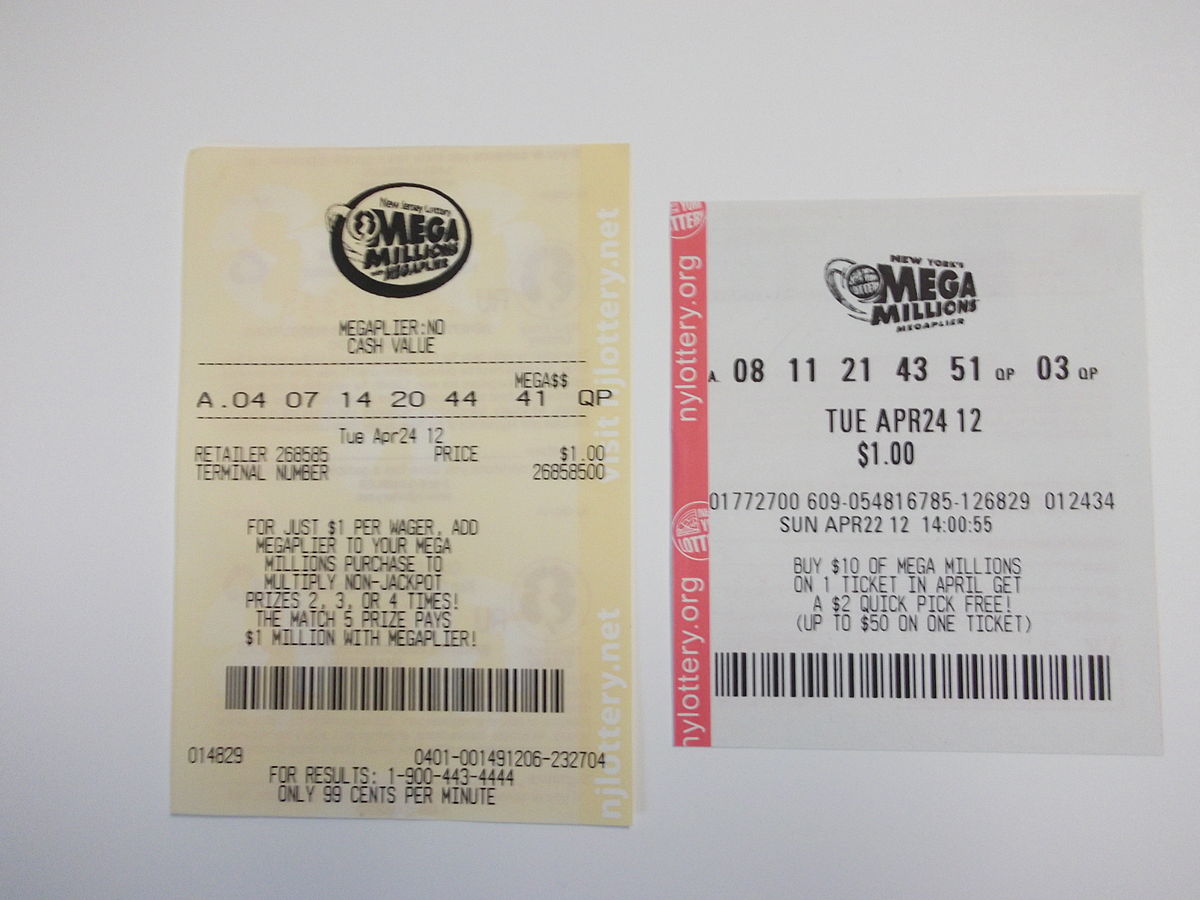History of the lottery in the USA

Photo by CC user Lieutenant Ramathorn on Wikimedia Commons
With many people playing online lotto these days, it’s understandable to be in awe of how far we’ve come over the years. If you find yourself wondering about the history of the lottery in the USA, this post will fill you in on the history of this game in America.
Origins
Lotteries weren’t a novel concept when they were first introduced in the 13 colonies. Before the first colonists sailed across the Atlantic Ocean, they had already been used in England as a way of funding defensive improvements and poverty reduction measures.
Acceptance of lotteries varied from place to place: For example, the Massachusetts Bay Colony, which was founded by Puritans, frowned upon any sort of gambling. On the other hand, the Jamestown colony in Virginia used lotteries to fund public works in the same manner as it had been done back in the mother country.
Freedom through lottery draws
Lotteries were used to help fund the resistance against the British crown during the Revolutionary War. Alexander Hamilton championed them to the Continental Congress, as he posited that citizens would prefer them to outright taxes.
The thinking behind this proposal was that purchasing a lottery ticket granted its owner a small chance of not only winning their money back, but winning a considerable sum in return.
Government backed lotteries clean up a corrupt system
Lotteries were the sole domain of private enterprise as recently as 1934. Before then, lotteries were run by corporations and illegally by criminal syndicates such as the mafia. The latter group got much of their capital to fund their game through ill-gotten gains, and the former group descended into corruption through widespread bribery.
This crisis of confidence led to every state except Delaware, Missouri and Kentucky banning private lotteries by 1860. This development drove lotteries underground, and straight into the arms of crime families.
The first government-backed lottery was organized in Puerto Rico in 1934, but it took 30 years for the first one to find its way to the mainland. New Hampshire had that honor in 1964, with other states following suit in the decades that followed. Today, there are official state lotteries in 44 states across the country.
Why isn’t the lottery everywhere in the USA in 2016?
Shocked that there aren’t lotteries in all 50 states? Three of the six remaining holdouts cite religious objections as the reason why they don’t sponsor lotteries in their jurisdictions. This is the case in Alabama, Mississippi and Utah.
It is thought that Nevada does not have a state lottery due to the political influence of the land-based casino industry. It is not clear why Alaska and Hawaii do not have state lotteries, but the lack of state competition or their small population bases are two common reasons cited.




